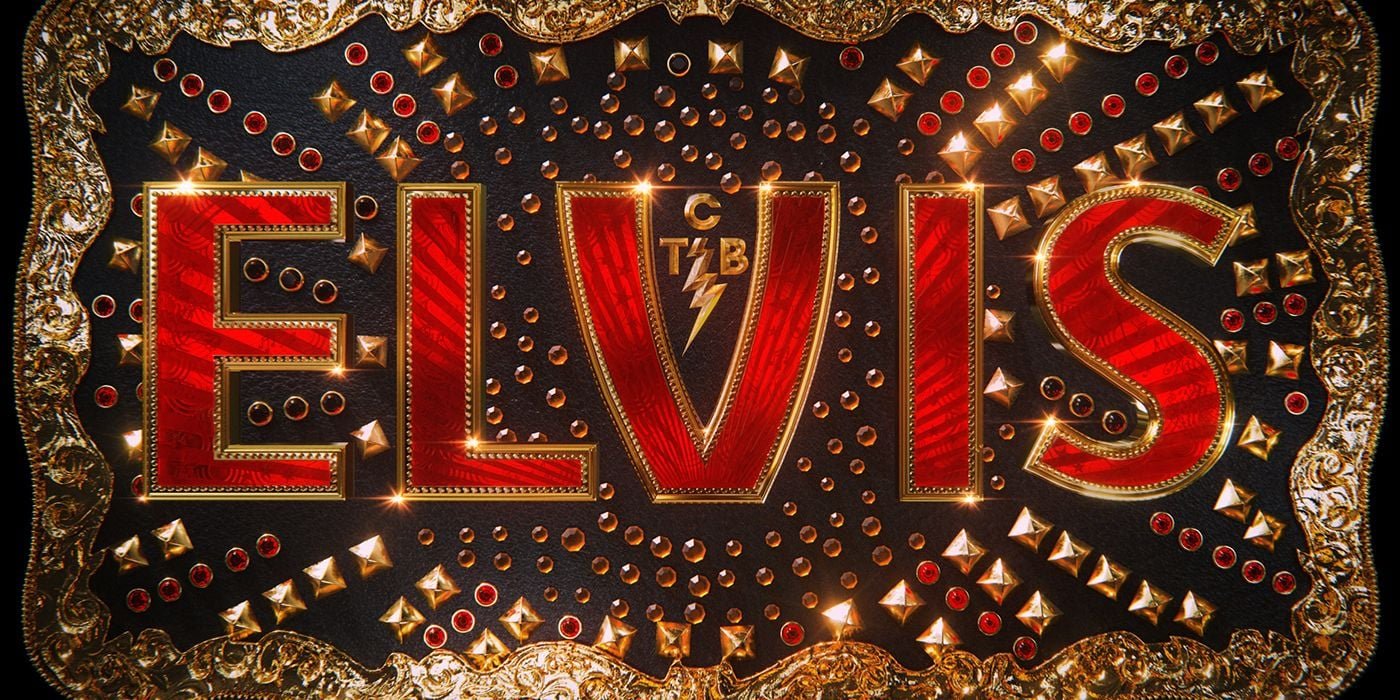
Butler can’t save this Elvis
by Kathia Woods
Elvis Presley is one of those artists whose fame skyrocketed after his death in 1977. The current generation is aware that he is known as the King of Rock and Roll, but aside from that interesting jumpsuit, his silly movies, and an iconic home that has been turned into a museum, there is nothing for this generation to cling to.
Naturally, when Baz Luhrmann announced that he would be directing a film about the King, the industry began to buzz. The first challenge was finding the right actor to play Elvis. He enlisted the help of Austin Butler, a thirty-year-old California native, to tackle the massive task.
The more interesting casting was Tom Hanks as Elvis’ manager Colonel Tom Parker. Having cast the two major roles, what approach would Luhrmann take to tell this iconic story.
Is this movie going to address the fact that Elvis' entire persona was built on the backs of Black culture and music? Is it going to address how Elvis, an adult, fell in love with a fourteen-year-old girl and how that became normalized?
Unfortunately, the film fails to do both. Biopics are supposed to educate audiences and provide them with new information about a historical figure. That is not the case with this film. It's said to be about Colonel Parker and how he turned Elvis into a household name. The colonel we see in the hospital room is attempting to clear the air. He is not regarded as a visionary manager of one of the world's most famous stars, but rather as a crook and cheat who defrauded the star of millions of dollars.
The first half of the film is a rushed cut and paste job riddled with inaccuracies that leaves one perplexed. The second half of the film is better paced, but by then you've become so confused and distracted by Hank's prosthetics that you've lost interest. It also includes very generic checking of key moments in his career, such as his 1968 comeback special, his Vegas residency, Elvis in Hawaii, and so on. The same subject that southern Christians Baptist bemoaned was now being invited to take pictures and support their causes.
The biggest offense by this film is how it overlooks the fact that Elvis, whether intentional or not appropriated Black music. It appears Baz Luhrmann in his attempt to show that Elvis was an admirer or better yet influenced by Black music because he grew up around Black people comes off more as gaslighting. It is understood that George Nelson music critic and journalist job was to assist in helping inform the film when it comes to that area however music historians know that the relationship between Elvis and Black music artist was much more complicated than what was depicted on that screen. On the one hand he was great friends with Little Richard and B.B King but when artists like Ray Charles were asked about him Charles stated “what Elvis did he caused a lot of the populist to listen to a lot of music they normally wouldn’t listen to. I don’t think of Elvis like because I know too many artists that are far greater. I think Elvis came along at the right time. Here was a white kid that could do Rock n Roll or Rhythm and Blues, and the girls could swoon over him. Nat Cole got in trouble in Alabama when the women swooned over him.”
There was also Elvis' relationship with Nixon, who had policies that were harmful to Black Americans. The point is that Elvis' relationship with the Black artist was not tumultuous, but it was also not smooth. Many of his earlier songs, such as "Hound Dog" and "Shake, Rattle, and Roll," were taken from Black artists whom he never mentioned. Those artists were never given opportunities or money. Even Elvis was adamant about correcting others who referred to him as the King of Rock n Roll or the inventor of it. None of this was depicted in the film. Racism, particularly in the music industry, is a sensitive subject, but why even try if one is unwilling to address all aspects of it? The idea that he was consumed by Black gospel music and moved effortlessly amongst Black people, as depicted in the film, is romantic, but it does not tell the entire story.
It also handled Elvis and Priscilla's romance poorly. Their age difference had a significant impact on that marriage, and it was made to appear as if they simply grew apart. He was a man who had a relationship with a sheltered child.
The comeback special was handled better, as was his Vegas residency, but when it came to his film career, Luhrmann was misplaced. His films were often panned, but he did have some good ones, such as his debut Love Me Tender in 1956 and the completely omitted Jailhouse Rock in 1957, which featured one of Elvis' most memorable dance sequences on film.
Once again, one must wonder what influenced Luhrmann and screenwriters Sam Bromell, Craig Pearce, and Jeremy Doner to make these decisions. Instead of the entire extended carnival segment, you decided to make a film that runs two and a half hours excluding those moments.
This film also had some visual flaws. At the start of his career, Elvis didn't have black hair. His hair was blonde, and he didn't dye it black until he was successful to match his mother.
Overall, this film is a complete mess. Even though Austin Butler is the best part of the film, his efforts are in vain.
Tom Hanks delivers a mediocre performance. Baz Luhrmann's attempt to introduce the King to a new generation ultimately failed because we were left with a confusing puzzle rather than a moving film. The project's ambition did not match what was shown on screen. Baz Luhrmann is a filmmaker who likes to swing for the fences and often succeeds, but it appears that he got lost in Elvis' fantasy this time.


